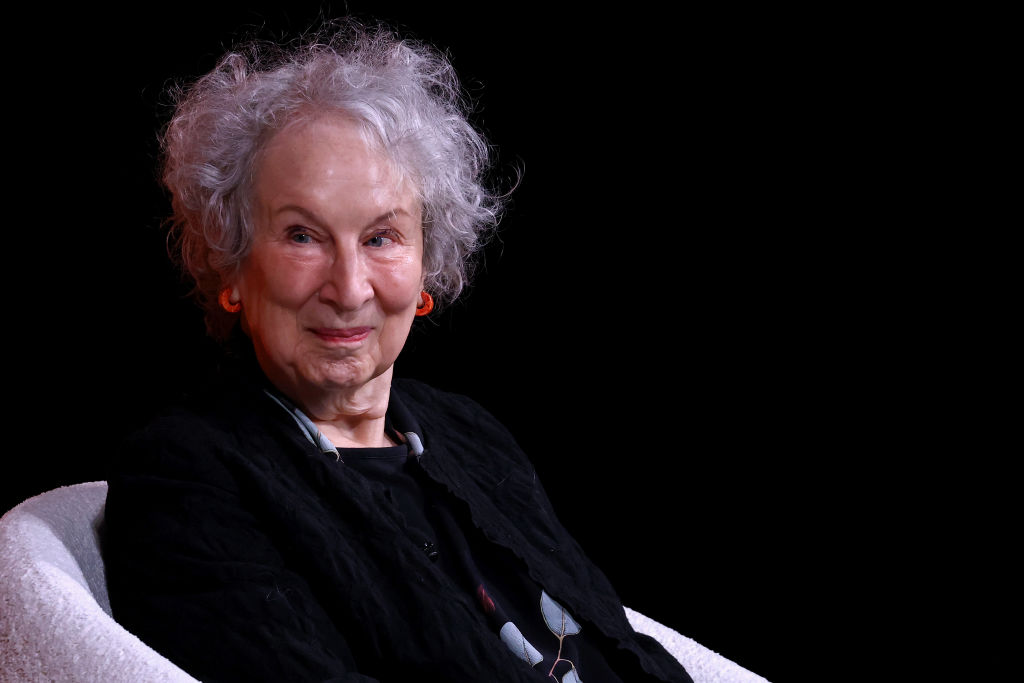Margaret Atwood on AI: Not So Worried About the Robots
Bestselling author Margaret Atwood is taking a surprisingly laid-back stance when it comes to the rapid rise of generative AI technologies. In a recent conversation with Reuters, she stated she’s “too old” to be particularly concerned about the impact of AI on artistic expression. But her cool demeanor isn’t just a product of her age; it stems from her own critical look at the quality of AI-generated art.
"AI is a Cr*p Poet"
Atwood did not hold back her opinions about the current capabilities of artificial intelligence in the realm of creativity. “So far, AI is a cr*p poet,” she quipped, emphasizing that the output from these systems falls short of human creativity. She went on to argue that AI is “really bad” at writing fiction, expressing skepticism about ever seeing AI produce something truly original. “You will never get an original creator out of AI because it’s a data scraper,” she elaborated.
A Different Perspective for the Young
Interestingly, Atwood also voiced a nuanced opinion about the generational divide in how one might feel about AI. “If I were 30, I’d be worried,” she reflected, especially if she were involved in fields like graphic design or visual arts. It seems that those in the early stages of their careers in creative professions might have more at stake as AI tools continue to evolve and infiltrate their industries.
The Growing Community Concern
Atwood’s remarks come in the wake of a petition that has gained significant traction — reaching over 31,000 signatures — calling for a halt to the unlicensed use of creative works in AI training. This growing concern highlights the conversations ongoing about the ethical implications of AI in the creative fields. For those passionate about art and literature, it’s a rallying point for discussing ownership and originality in an increasingly digital age.
Real-World Implications
Imagine for a moment a young graphic designer, fresh out of art school, pouring their creativity into a unique project. Yet, they find themselves competing with AI tools that can generate designs in seconds. Atwood’s insights reveal a critical truth: while the current capabilities of AI may be underwhelming, the rapid evolution of these technologies could pose challenges for emerging artists who rely on originality to establish their careers.
What Does the Future Hold?
As we continue to observe advancements in AI, the divide between generational perspectives on its impact will likely widen. For many seasoned professionals like Atwood, there’s a sense of perspective grounded in their own experiences and accomplishments. Conversely, younger creators must navigate a strange new world where their unique contributions could be at risk of becoming indistinguishable from algorithmically generated works.
Conclusion
Margaret Atwood’s candid commentary on the state of generative AI serves as both an entertaining critique and a thoughtful warning. While she has little fear for herself or her work, the future may look different for younger artists. The implications of AI in the creative space are still unfolding, prompting questions about originality, creativity, and the ethical use of resources.
The AI Buzz Hub team is excited to see where these breakthroughs take us. Want to stay in the loop on all things AI? Subscribe to our newsletter or share this article with your fellow enthusiasts.




